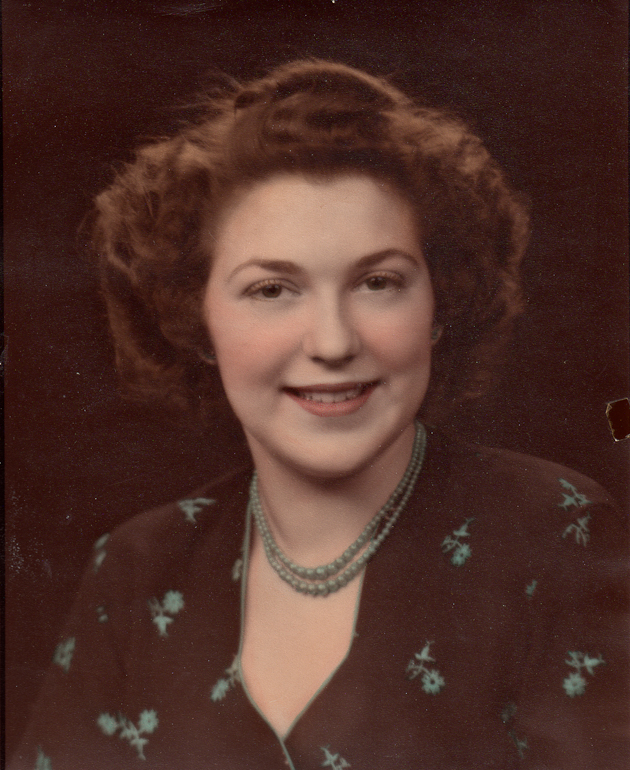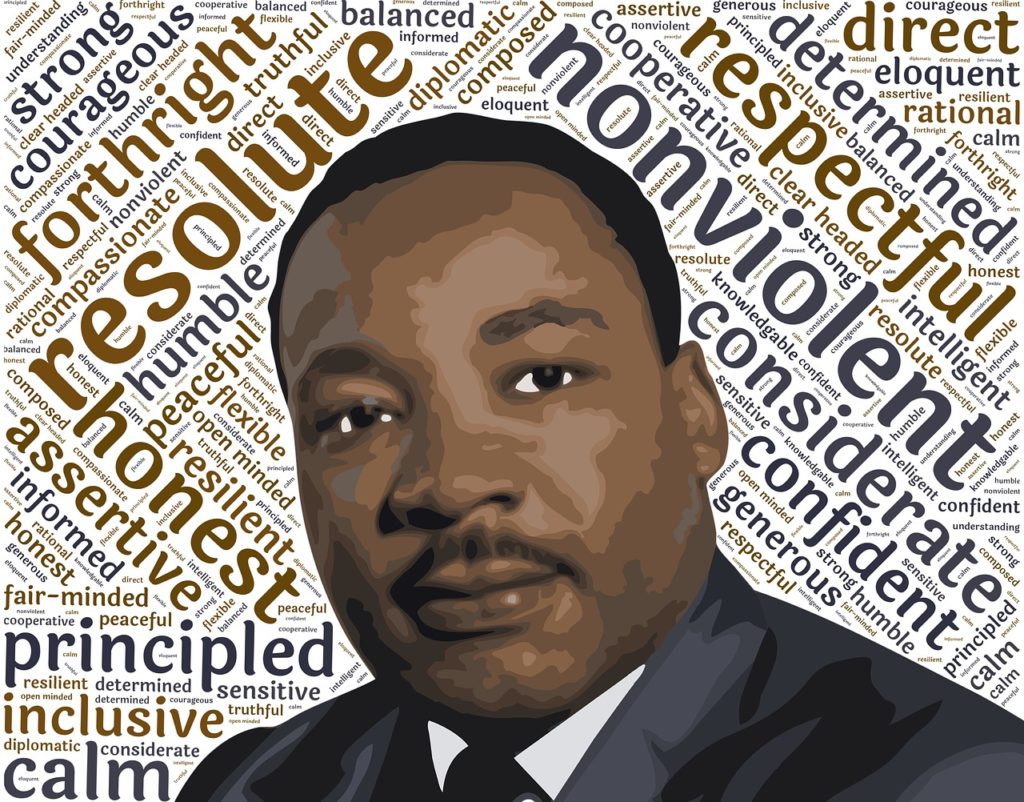In 2009, I lost my dad to lymphoma and Parkinson’s.
Losing my husband has been an ongoing process that started in January, but it will be “officially” over on October 3.
Two days after my last post, on May 24th, I lost my mom to systemwide organ failure.
Since then, I’ve been in no condition to comment on that loss.
But today, the entire world lost Troy Davis to a justice system that ignored recanted testimony by seven of nine witnesses as well as an admission of guilt from one of the two witnesses who didn’t recant. I am heartbroken – about all my losses – but also ashamed about the loss of Troy Davis.
The entire world has stepped up to support Davis. Noted dignitaries like Pope Benedict XVI, Desmond Tutu and Jimmy Carter joined comparatively-unknown citizens to decry this denial of justice.
My only hope is that there are other like me who use this tragedy as impetus to revamp our fatally-flawed justice system, by getting involved with the efforts of Amnesty International, the ACLU and other groups fighting to guarantee real justice.


